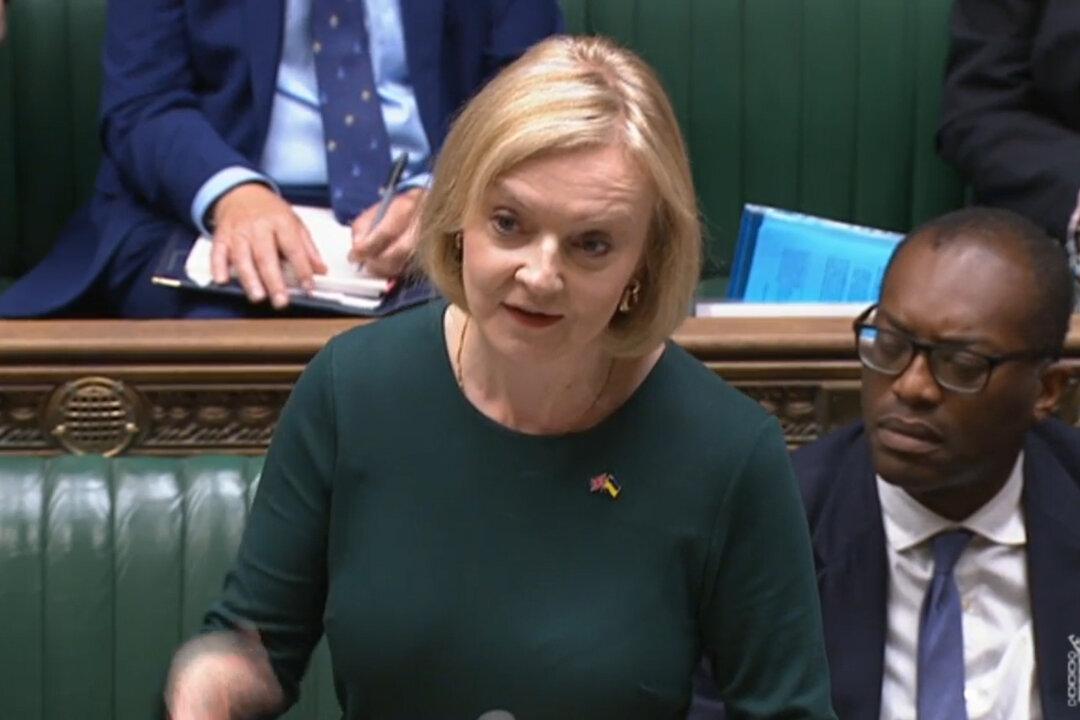Former Prime Minister Liz Truss has described China as the largest threat to freedom and democracy in the world as she urged the government to designate the country as a threat to the UK.
The former prime minister was speaking in the Commons as MPs lined up to grill Deputy Prime Minister Oliver Dowden over claims a Chinese “espionage cell” had infiltrated government.





